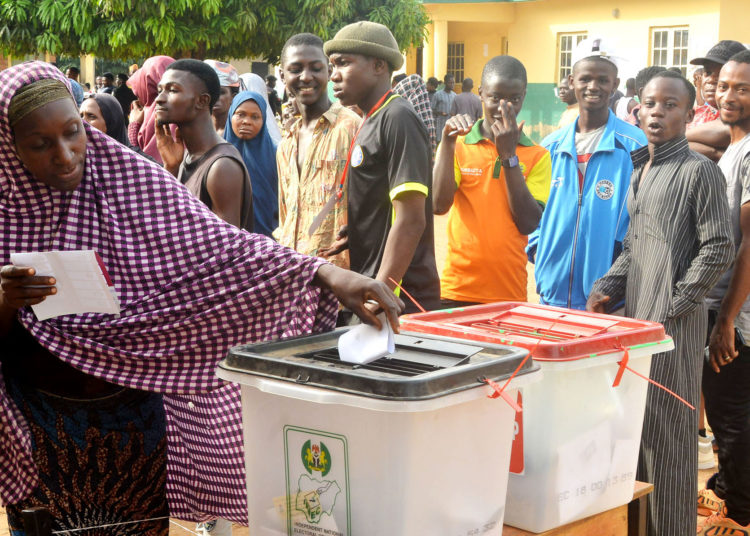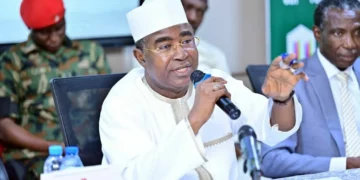The history of electoral violence in Nigeria does not seem to be ebbing away anytime soon. Again, in this scenario, it’s women that mainly suffer whenever this unfortunate incident happens.
The prevalence of intimidation, harassment, and physical attacks on politicians that are women, as well as voters points glaringly at electoral gender-based violence.
The UN Women Nigeria, has said that incidents of violence against women in elections is recognised as one of the key obstacles to advancing women’s participation in public life. Female candidates and campaigners face numerous challenges, including verbal abuse, sexual harassment which is often used to intimidate them from practicing their political rights.
During the recent 2023 general and gubernational elections held across Nigeria, multiple instances of violence against women were reported, with female candidates and voters being subjected to physical assaults, asides the obvious acts of vandalism perpetrated by hoodlums and political thugs.
On the 15 of May, the UN Women’s post elections conference was held in Abuja, with theme ‘Post Elections Conference: Where do we Stand Regarding Electoral Gender Based Violence?’ This initiative is targeted at sharing information and assessing the electoral gender-based violence during the 2023 elections and promote coordination through the compilation of data into a national summary report.
The UN Women Country Representative to Nigeria and ECOWAS, Ms Beatrice Eyong, who gave the opening remarks pointed out that, ”Women have been killed or have had to quit their positions after receiving death threats.
“Some women have also often withdrawn from public life citing abuse including online abuse and cyberbullying. Women candidates have faced various forms of targeted, gender-based violence.”
Mrs Jennifer Efidi who was stabbed on the face during her attempt to exercise her civil rights through voting, narrated her life threatening experience. Mrs Efidi explained how she was attacked by thugs who almost took her life and disrupted the voting process at her polling unit. She further said the brutal assault not only affected her but also left a profound emotional impact on her children.
As such UN Women has said that to address this disturbing trend, which poses a significant threat, not only to women’s rights but also to the overall democratic fabric of Nigeria, this issue requires a comprehensive approach that includes legal reforms and increased awareness.
For a better Nigeria for women, it is crucial for the Nigerian government, civil society, and international partners to work together to create an environment where women can freely participate in politics without fear of violence or intimidation.
Further more, Women should be supported when they express intent to run for political office and efforts should be made to strengthen legislation that specifically addresses violence against women in elections, ensuring that perpetrators are held accountable and that victims receive the necessary support, UN Women advocates.
The conference was supported by the government of Canada, European Union, Nigerian government and civil societies.





